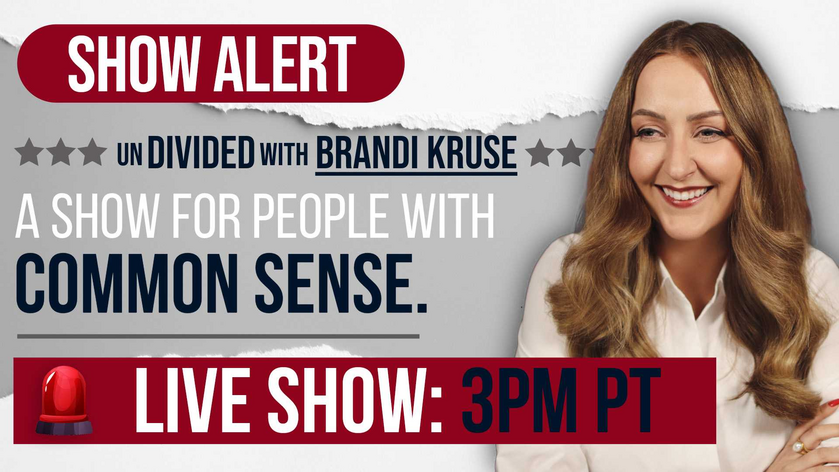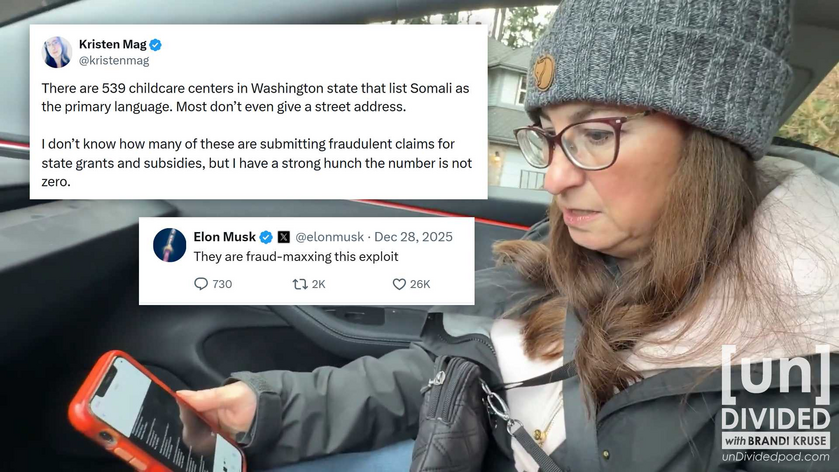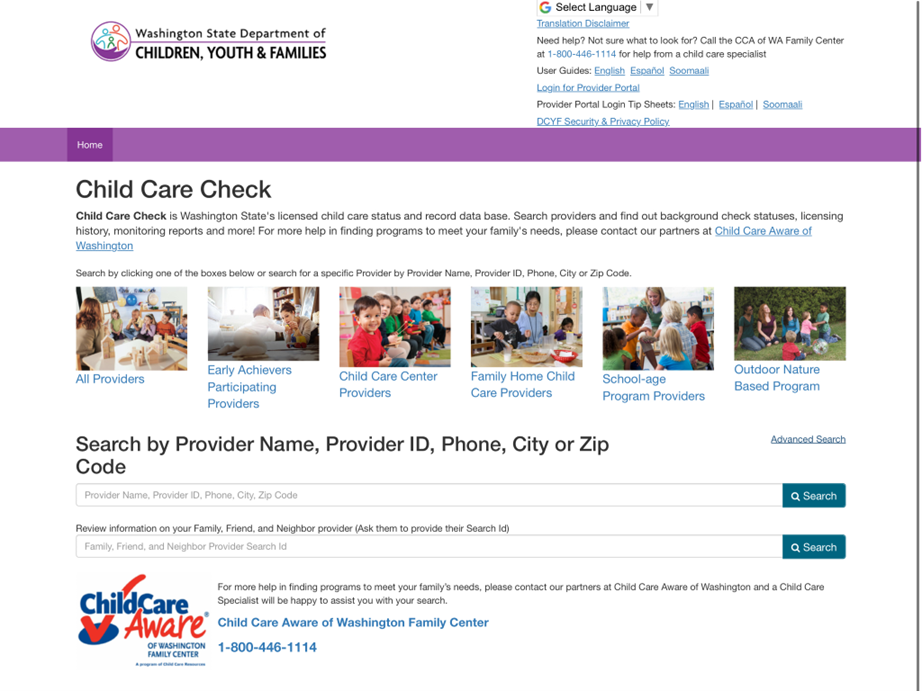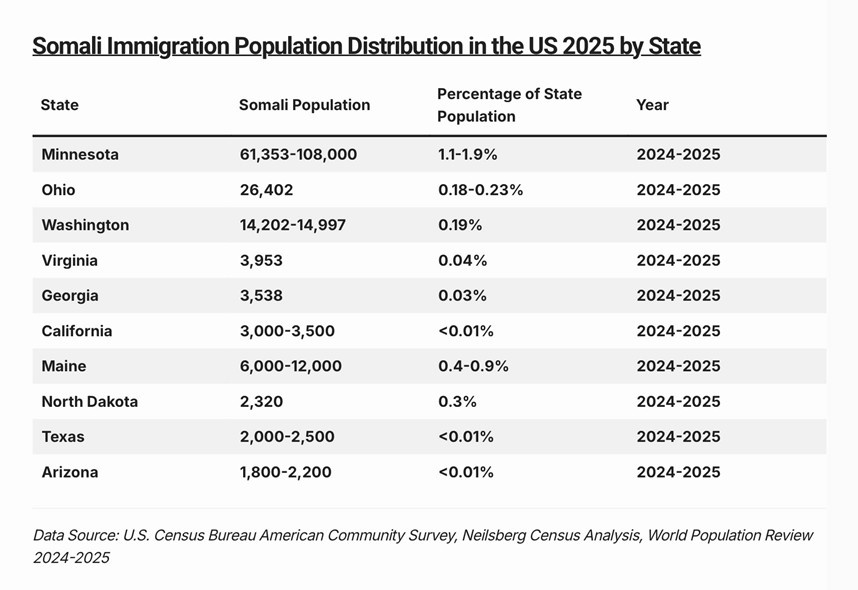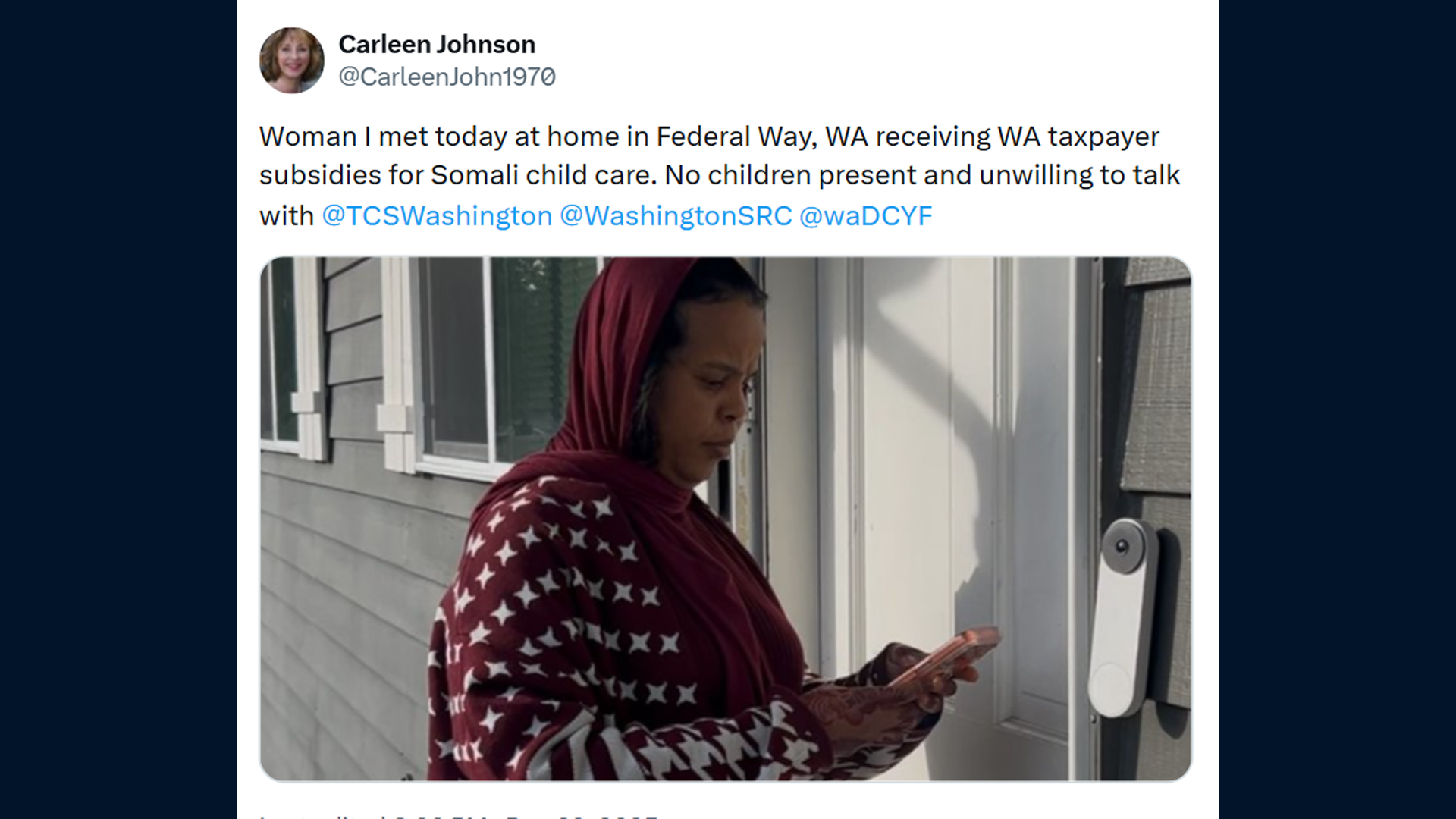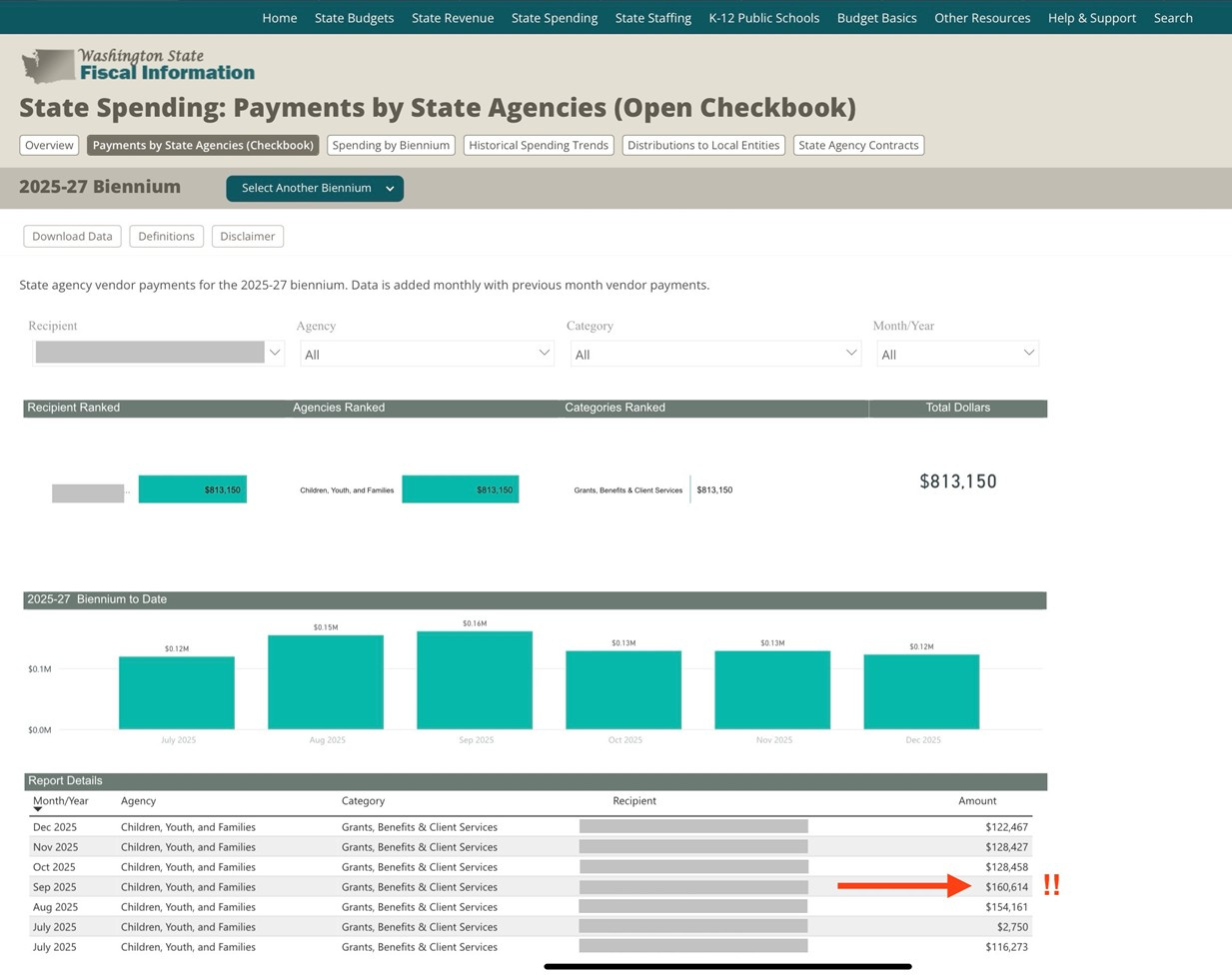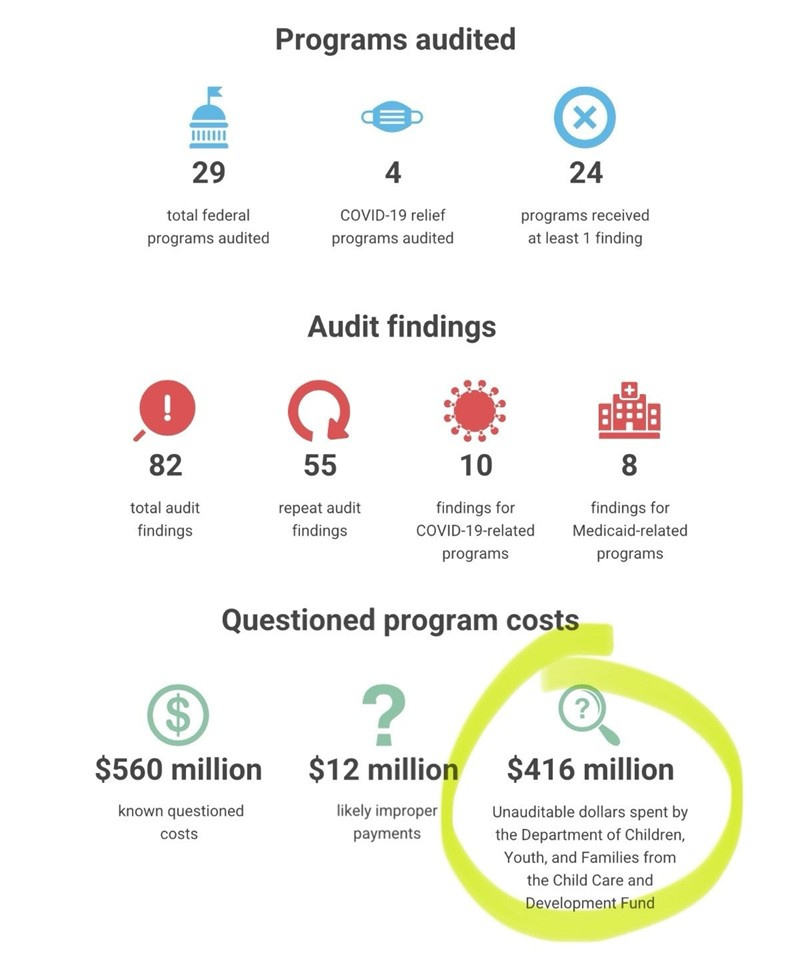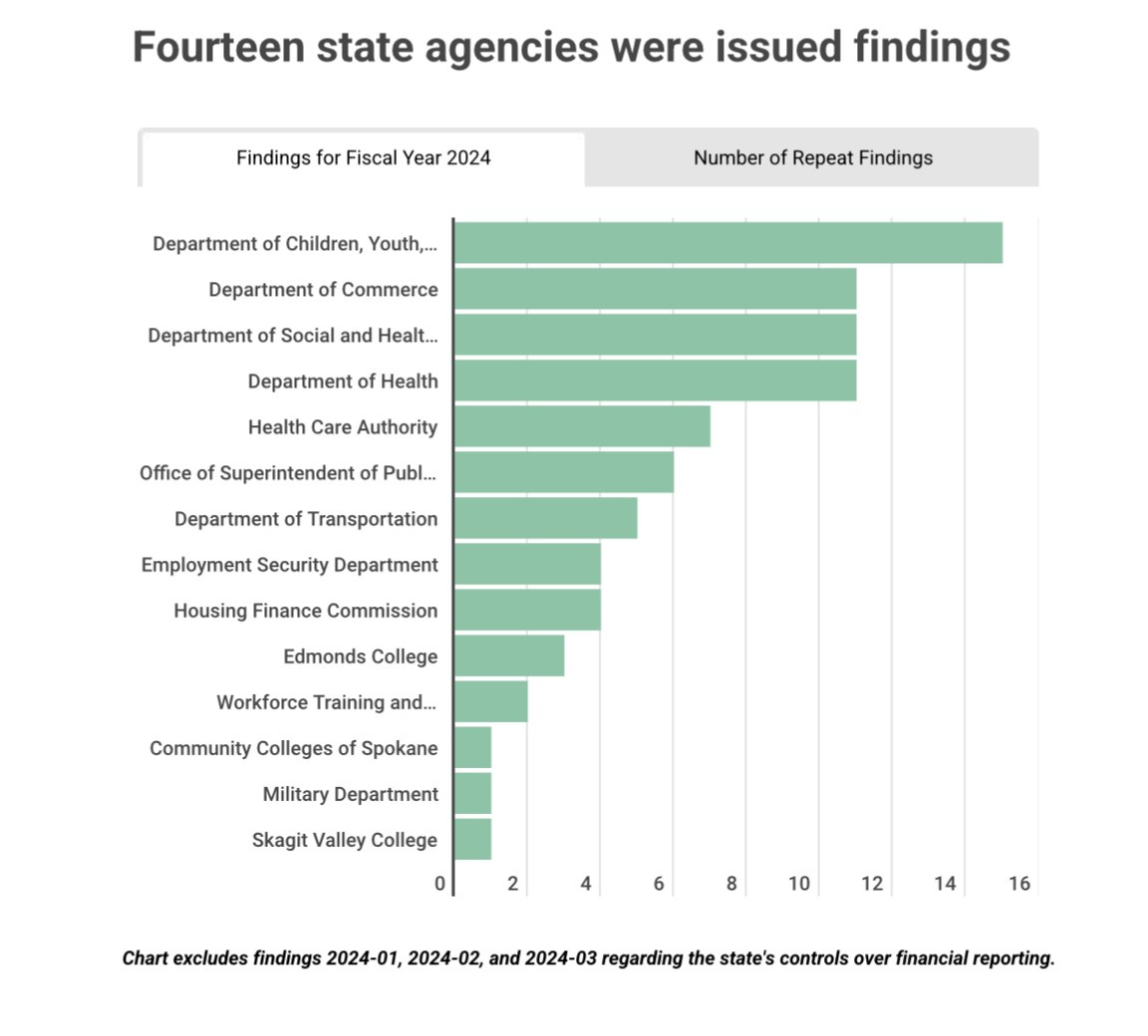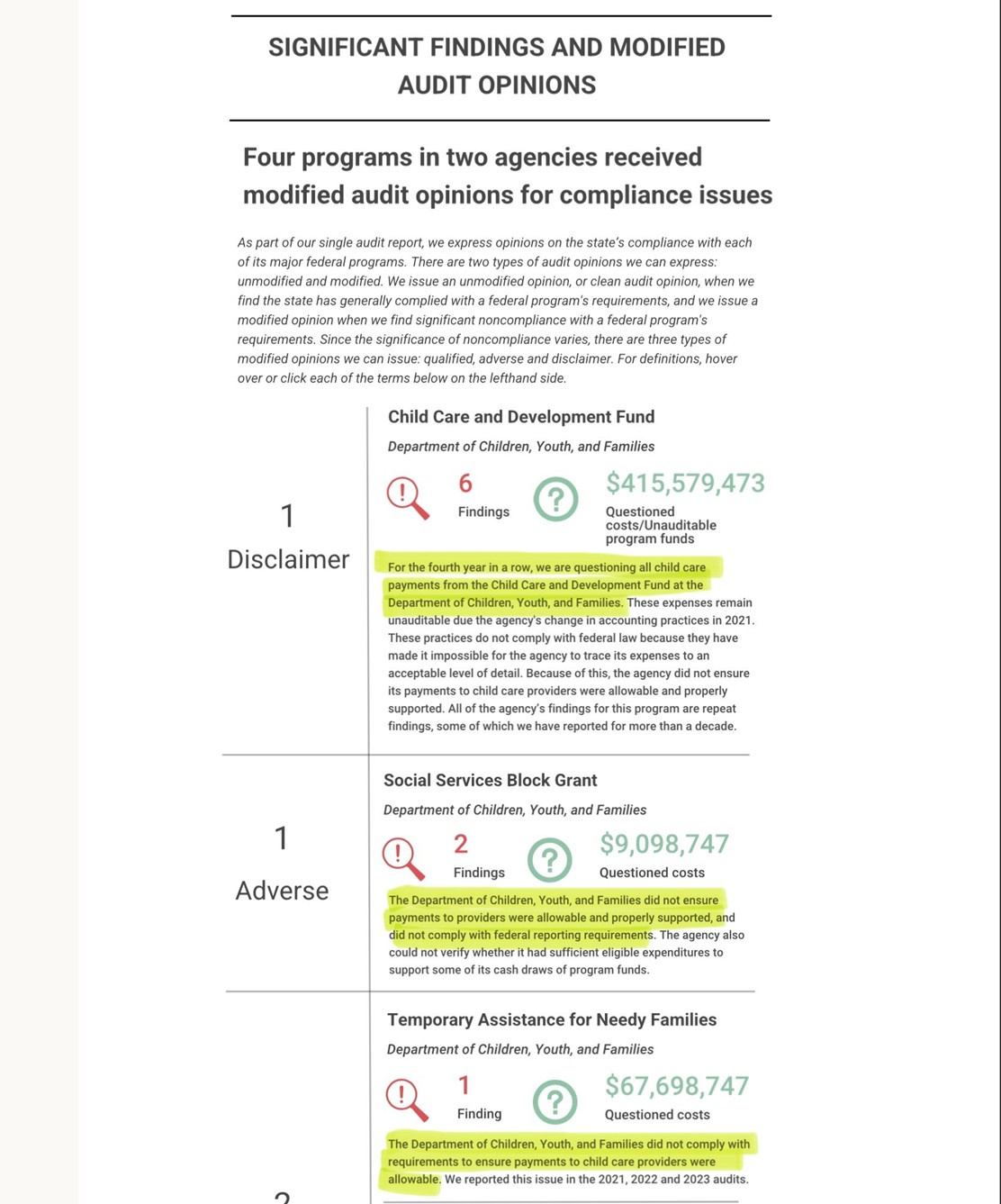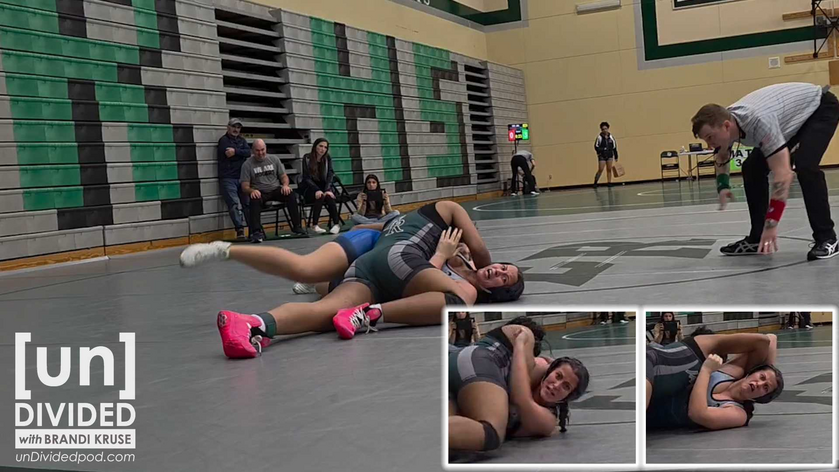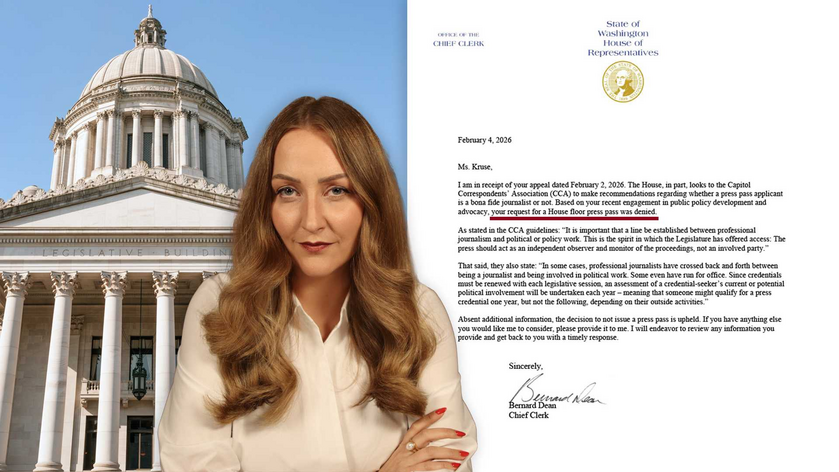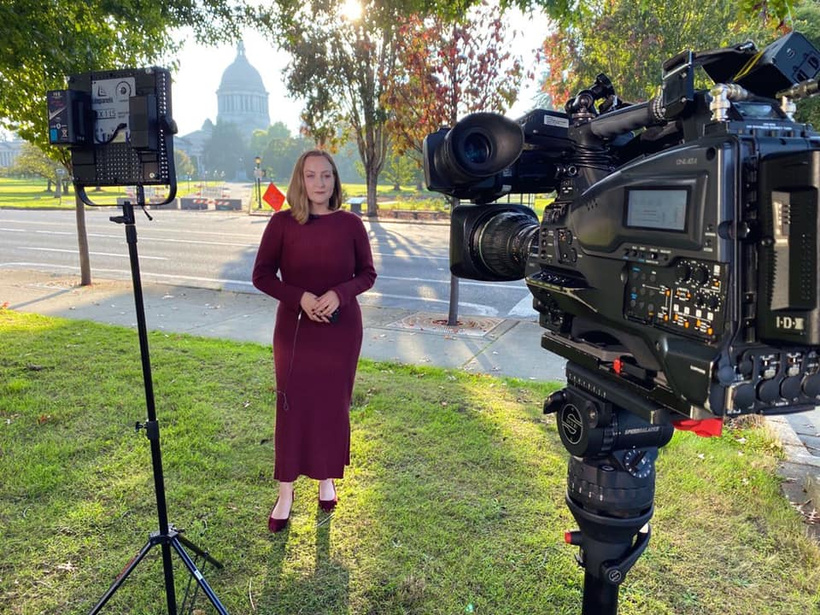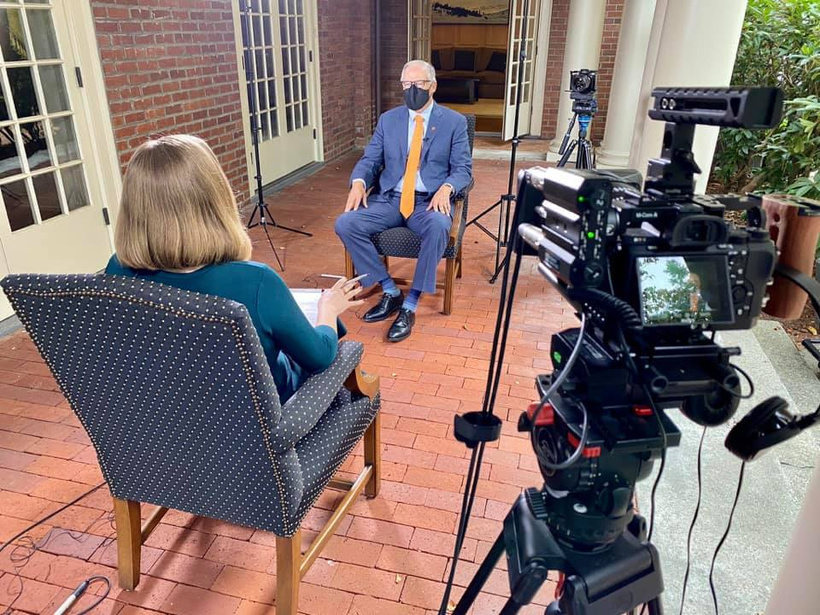In 2015, Bobby Tramble was a fugitive from justice.
His mugshot was featured on a local news program, Washington’s Most Wanted, after he failed to appear in court on charges of drug dealing and unlawful possession of a firearm. It was one of more than 50 criminal warrants issued for Tramble’s arrest, dating back decades.
Starting in the 1980’s and lasting 30 years, Tramble racked up a lengthy criminal history – including convictions for promoting prostitution, multiple felony drug busts, and unlawful possession of a firearm.
Yet Tramble has seemingly been rewarded for his life of crime.
Earlier this year, he moved into a 3-bed, 2.5 bath home in Puyallup – thanks to $238,000 from taxpayers and the help of his employer, the Urban League of Metropolitan Seattle, where he works as the homeless outreach supervisor.
He is just one of a growing list of people directly tied to the Seattle chapter of the Urban League who have benefited from the taxpayer-funded Community Reinvestment Program since the beginning of the year. Last month, unDivided published a whistleblower report detailing instances that ULMS had given funds to employees and their family members – while turning away other members of the black community. ULMS is one of several BIPOC nonprofits contracted with the state to the get the funds out to those who qualify in the form of downpayment assistance and even paying off personal debt.
Lack of transparency
In a statement following our original report, the Urban League of Metropolitan Seattle promised community members “transparency and accountability.”
So far, it hasn’t delivered on either.
The organization has repeatedly declined to provide unDivided with a list of employees or family members who were given preference for Community Reinvestment funds, citing privacy concerns.
Such concerns are without merit.
Property records and documents detailing home purchases are publicly available – including deeds of trust, like the one pictured below, that list Urban League of Metropolitan Seattle and the terms of the Community Reinvestment award for each individual home buyer.
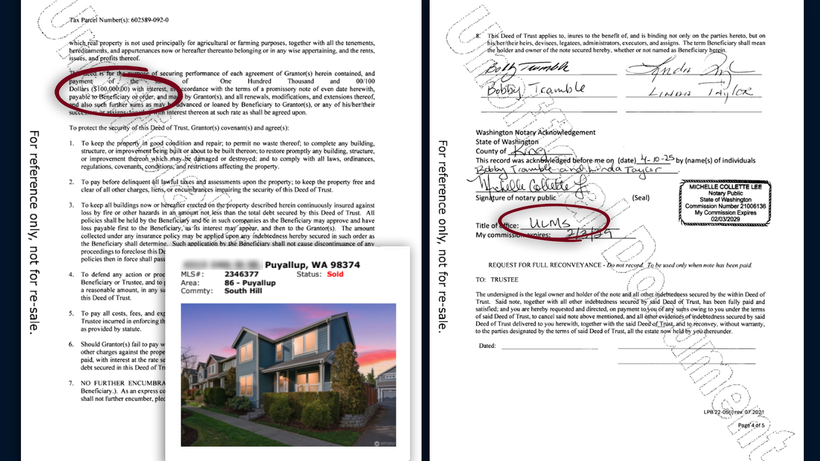
But, without the cooperation of the Urban League, it is difficult to know which home buyers have ties to their organization. Creating a comprehensive list would require searching thousands of documents across dozens of counties and then cross-referencing the names of home buyers with public sources that could potentially tell us where they work and who they’re related to.
In lieu of transparency from the Urban League, unDivided has relied on tips, sources, and our original whistleblower – Corey Orvold – to connect the dots and slowly add to our existing list of names.
For example, Corey received a tip that a man named Joseph Manaway purchased a condo in Federal Way using Community Reinvestment funds from the Urban League. Manaway is a well-connected local preacher who also happens to list himself on LinkedIn as the Seattle Urban League’s Director of Fund Development.
$100,000 toward the purchase of a home is a nice job perk.
Like Bobby Tramble – and those featured in our first report – Manaway received Community Reinvestment funds after Urban League’s Director of Financial Empowerment, Angela Williams, claimed the downpayment assistance program was closed due to a lack of available funds – just days after her own daughter used the money to buy a house.
Asked repeatedly why funds were handed out to insiders after the nonprofit had allegedly closed applications to others, the Urban League of Metropolitan Seattle has declined to comment.
In a statement posted to its social media pages, the organization accused unDivided of making “false and misleading claims," but has declined to elaborate.
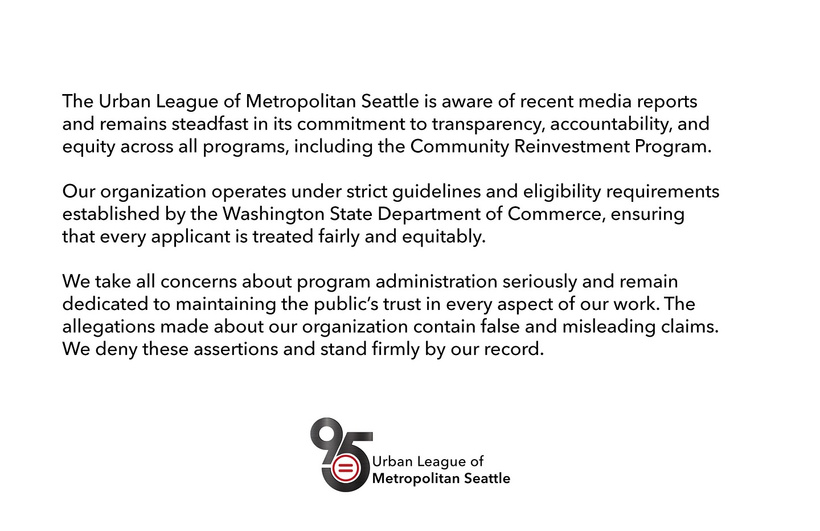
An issue of fairness
Bobby Tramble’s case highlights two issues with the Community Reinvestment Program – lax oversight in how it’s administered, and a question of fairness for who is gifted public dollars.
Tramble actually benefited from two programs, while others benefited from none. He received $100,000 through ULMS in CRP funds and $138,000 from the state through the newly-created Covenant Homeownership Program – a reparations program designed to help first-time homebuyers of color.
In our original report, we spoke with a mother whose son was denied Community Reinvestment Funds by the Urban League – even after going through all necessary steps.
“This is a young African American man who has never been in trouble, has always worked since he was 16. Sometimes two jobs,” she said. “He went to college, graduated from college. And this is what he was put through.”
Should someone like that be denied help purchasing a home, while someone with Tramble’s criminal background is given $238,000?
In a sense, perhaps Tramble is exactly the kind of person the fund was designed for. Democrats passed the Community Reinvestment Program into law in 2022, saying it was meant to “uplift communities disproportionately harmed by the war on drugs … to create lasting economic benefits, build wealth and ensure everyone has a fair chance at success.”
Was Tramble disproportionately harmed by the war on drugs? Or did he perpetuate it by selling his fellow community members the drugs that would so often land them behind bars?
Then, there is the more fundamental issue around fairness: gifting public dollars based on race.
The revised code of Washington specifically states that distribution of grants for the program “must be done in collaboration with ‘by and for community organizations’ as defined by the department of commerce and the office of equity. For the 2025-2027 fiscal biennium, ‘by and for community organizations’ include, but are not limited to, those operated by and for Black, Latino, Native American, Asian, Native Hawaiian, and Pacific Islander communities.”
In other words, whites need not apply.
From its inception, Republican lawmakers in Olympia have criticized the Community Reinvestment Program for picking winners and losers based on skin color.
“Recent information and allegations on the unfair allocation practices of the CRP funding is very concerning,” said Rep. Andrew Barkis (R-Olympia), who sits on the House Housing Committee. “When the people the program is designed for are passed over to provide the taxpayer funded resources to felons and others who benefit from who they know, the system is broken.”
Republicans were so concerned about potential abuses of the program and others like it, that they introduced two bills this past legislative session to try to prevent self-dealing.
House Bill 2058 would have required third-party audits of private entities receiving public funds. House Bill 2059 would have required public disclosures from private entities receiving public funds, including lists of employees, board members, and a full accounting of how funds were spent.
Democrats in the majority declined to move either bill forward.
Senate Minority Leader John Bruan (R-Centralia) has pledged to reintroduce them in 2026.
Disappointment within the black community
Following our original report, unDivided was inundated with emails from members of the black community, many of whom shared their frustration with a nonprofit they once trusted.
A former employee of the Urban League of Metropolitan Seattle, who asked to speak on the condition of anonymity, said the report matched the type of “unethical” behavior she witnessed firsthand.
“I took a significant pay cut to work there because I believed in the mission," she said. "But it quickly became clear that what I’d joined wasn’t a community-driven nonprofit – it was a closed circle of insiders. The environment was abusive, hostile, cliquish, and deeply unethical.”
“This isn’t about liberal or conservative views. It’s about ethics, oversight, and protecting the communities these nonprofits claim to serve,” she added.
In her communication with us, she expressed concern that our reporting would be used to broadly tarnish all BIPOC nonprofits.
“I see folks in the comments almost excited to use this as a reason to discredit Black people or tear down Black organizations – making sweeping, ignorant statements like ‘all Black people get free houses’ or comparing this to BLM. That’s not what this is. This isn’t about Black people. This is about leadership failures and corruption inside one organization that happens to be Black-led. The Urban League was supposed to serve the Black community. What happened there shouldn’t be twisted into a reason to hate or distrust Black people or our institutions. It should be a reason to demand accountability from those who misuse the power they were given.”
But so far, it is unclear what accountability looks like.
While an investigator for the Attorney General’s Office reached out to whistleblower Corey Orvold, she has so far not heard from the Department of Commerce – the state agency tasked with overseeing Community Reinvestment funds and other state contracts.
The director of the Department of Commerce, Joe Nguyen, is a former state senator who helped craft and pass the Community Reinvestment Program.
In his current role, Nguyen said he has sought to improve oversight of state contracts, which includes a centralized contracts and compliance team.
“The public deserves accountability and transparency,” he told unDivided. “We appreciate that (the whistleblower) raised this issue. We are taking action.”
While an investigation runs its course, it is unclear whether Commerce has halted or otherwise added oversight to Community Reinvestment contracts. An email seeking an update was not immediately returned.
Meanwhile, at least one BIPOC nonprofit has taken action on its own.
Last week, the Tacoma Urban League placed its CEO on leave. The Tacoma Urban League is also contracted with the state to distribute CRP funds and concerns about how the organization has administered those funds surfaced in reporting by the Center Square following our initial story.
The Tacoma Urban League made a statement on its website.
The Tacoma Urban League Board of Directors is aware of recent community discussion and speculation regarding the organization and its leadership. The Board takes any concern related to the integrity of our operations seriously. Consistent with our commitment to transparency and accountability, the Board has initiated a confidential, independent, legal third-party investigative review to ensure that all questions are addressed through the proper process. To protect the integrity of that review and respect all parties involved, we will not be commenting on specific details while it is underway.
As for the Urban League of Metropolitan Seattle, we don't know what – if any – action has been taken internally to address growing community concerns. An email seeking comment for this story was not returned.
As unDivided noted in our original reporting, we are evaluating other nonprofits who have received Community Reinvestment funds and will continue to report on our findings.
Help support our independent work by becoming a subscriber.


